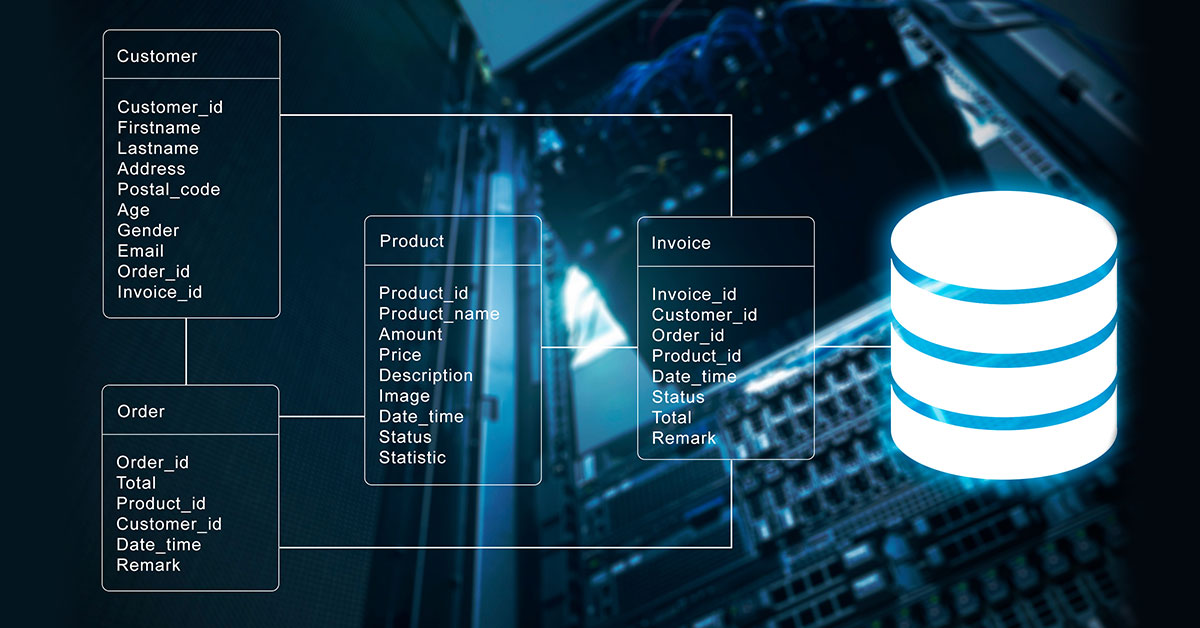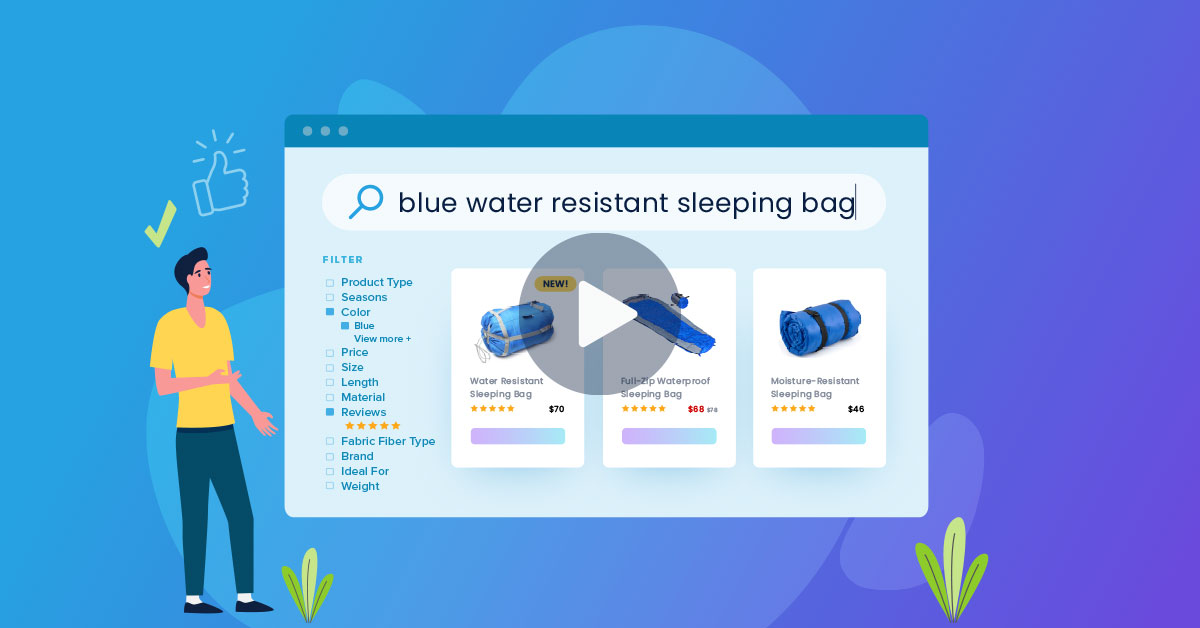Download full infographic now

This holiday season is shaping up to be a record breaker, despite its short timeframe! Even with only 27 days between Thanksgiving and Christmas, consumers are expected to spend a whopping $241 billion online this year – that's an 8.4% increase from 2023!

The reality is, search abandonment is a significant problem for many online retailers. In fact, a staggering $2 trillion is lost to search abandonment worldwide every year!
Why does this happen?
- Frustrated Shoppers: Only 1 in 10 consumers find exactly what they're looking for on a retail website.
- Site Abandonment: After an unsuccessful search, 4 out of 5 consumers are likely to leave the site and purchase the item elsewhere.
What's changed?
Gone are the days of endless scrolling and filtering. Today's shoppers expect a more intuitive search experience. They want search engines to understand their needs, offer tailored suggestions, and guide them to the right products.
Many eCommerce retailers are missing out on potential revenue because their legacy search engines struggle to keep up with today's complex search queries.
Legacy search solutions rely on decades-old keyword-matching technology, often requiring manual intervention to deliver quality results. This leads to a poor user experience, as highlighted by recent benchmarks: 41% of eCommerce sites perform below an acceptable rating for search UX.
If your eCommerce site is relying on a legacy search engine, you're likely missing out on potential sales. It's time to upgrade to a sophisticated AI-first search solution that can handle complex search queries and identify shopper intent.
Why AI-First Search is the Key
GroupBy's AI-first Search and Product Discovery platform is powered fully by Google Cloud Vertex AI Search for Commerce to deliver unmatched search experiences that goes beyond relevancy and drives significant revenue growth.
How GroupBy Outperforms Legacy Systems
GroupBy's eCommerce search and product discovery platform is the first of its kind to offer retailers and wholesalers access to Google Cloud’s next-generation search engine that utilizes state-of-the-art trained ML and AI algorithms.
Here’s 6 ways our platform is unique:
- State-of-the-Art AI: GroupBy’s platform, powered by Google Cloud Vertex AI Search for Commerce, harnesses machine learning trained on 1.8 trillion events and 85 billion daily interactions, ensuring unmatched precision and continuous improvement.
- Revenue-Optimized Search: GroupBy's platform integrates buyability and personalization, going beyond relevance to prioritize results that drive revenue. By analyzing user behavior and context, it maximizes conversion and profitability.
- Advanced Query Understanding: Leveraging NLP and machine learning, GroupBy deciphers user intent from behavior patterns and product attributes, delivering highly relevant, personalized and revenue-optimized search and recommendations results.
- Outcome-Driven Optimization: GroupBy allows businesses to align search and recommendation strategies with key goals, such as AOV or revenue, for measurable business outcomes.
- Rule-Free Merchandising: GroupBy’s AI reduces business rule creation by 80%, freeing teams to focus on revenue strategies and boosting productivity by 50%+, while adapting to market changes more quickly.
- Engineered for Complex Queries: GroupBy's platform is built for multi-faceted queries, interprets nuanced language, industry terms, long-tail, conversational and even specialized B2B searches. It supports 72 languages for global scalability.
See how Rebag increased search revenue by over 50%
Rebag embarked on a mission to recreate the personalized service synonymous with a traditional luxury boutique within the digital realm. However, their previous search solution posed a significant obstacle. Unlike traditional retailers with standardized inventory, the inherent uniqueness of their inventory – each pre-owned item boasts a distinct SKU – presented a formidable challenge for the existing platform. This resulted in inconsistent and often irrelevant search results, frustrating customers in their quest to discover the perfect piece. Furthermore, managing their extensive inventory along with gaining a deeper understanding of buyer intent remained ongoing hurdles for Rebag.
To elevate their online customer experience, Rebag implemented GroupBy's cutting-edge eCommerce Search and Product Discovery platform. Since implementing GroupBy's platform, they’ve seen significant improvements including search revenue that has skyrocketed by over 50%.
To learn more about what Rebag has accomplished with the help of GroupBy’s platform, read the full case study here.
Download full infographic now

Ready to Transform Your eCommerce Search?
Don't let outdated search technology hold you back this holiday season.
Contact GroupBy today to learn more about our AI-first search solution and start driving more sales.
















